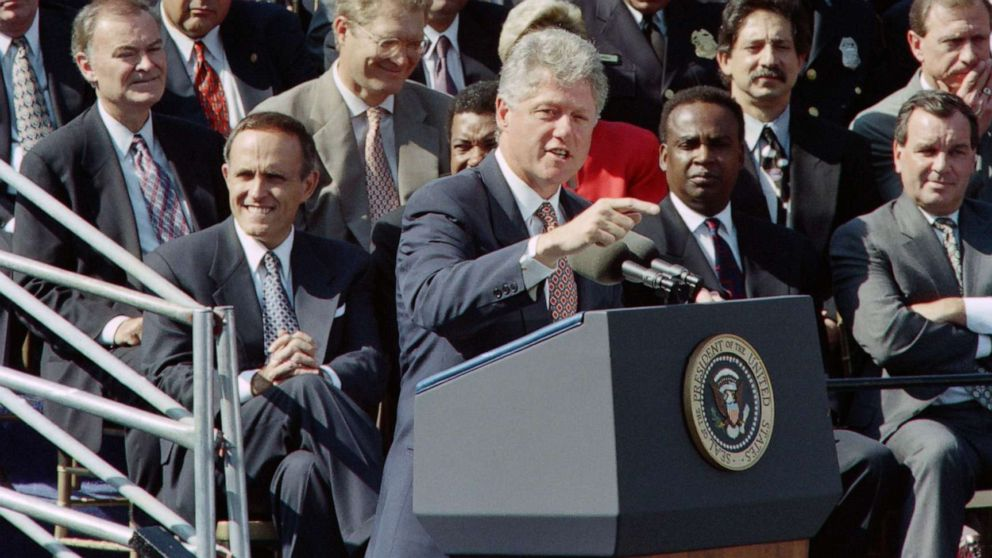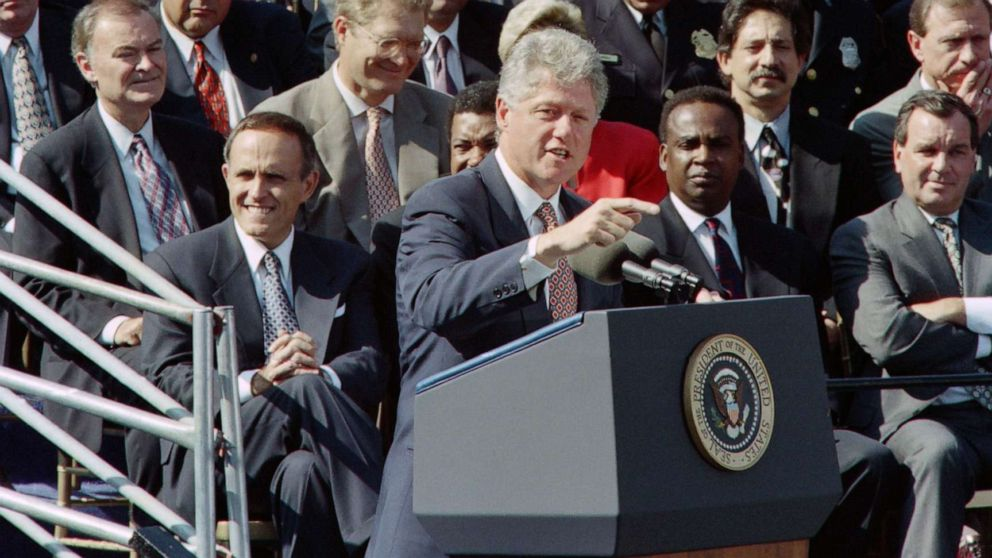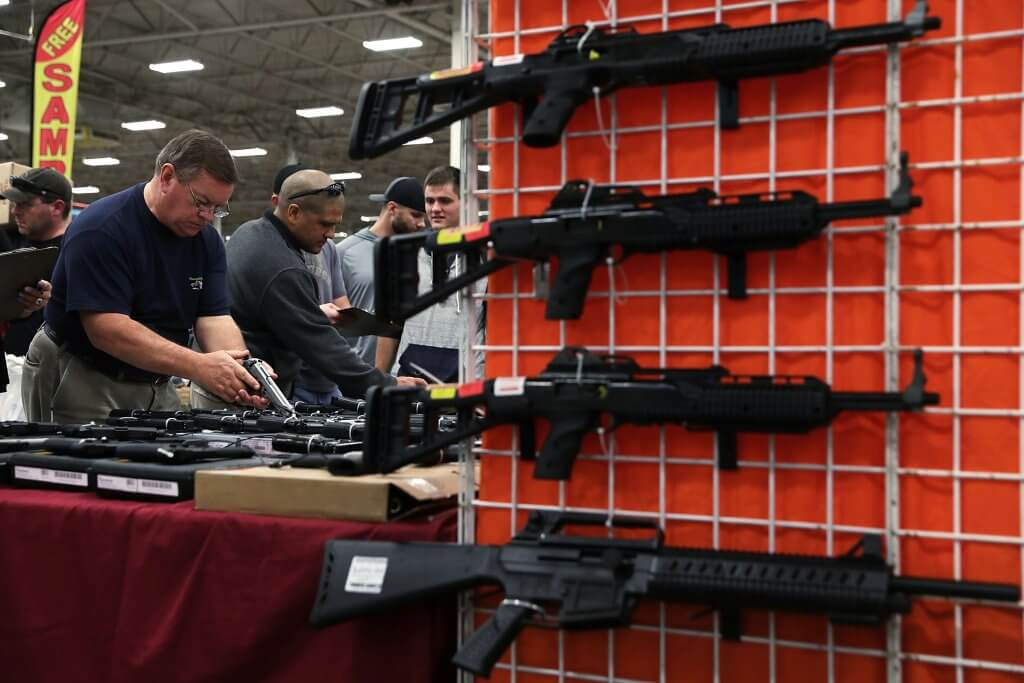In 2025, a series of devastating mass shootings across the United States has once again thrust gun violence into the national spotlight. From schools to hospitals to public spaces like gyms, these tragedies have left communities grieving and sparked renewed demands for stricter gun control laws. As the public calls for action, Congress remains deeply divided on key proposals like universal background checks and assault weapon bans, highlighting the ongoing challenge of balancing public safety with Second Amendment rights.

A Year of Tragedy Fuels Urgent Debate
The United States has long grappled with gun violence, but 2025 has been particularly grim. High-profile incidents in multiple states have claimed dozens of lives, leaving families shattered and the nation searching for solutions. These shootings, often carried out with high-powered, semi-automatic weapons, have intensified scrutiny on the accessibility of firearms and the gaps in existing gun laws.
Public sentiment, as reflected in recent polls, shows strong support for tighter regulations. A 2024 Gallup poll found that 56% of Americans favor stricter gun laws, with 52% specifically backing an assault weapons ban. Democrats, independents, and even some Republicans express frustration over the lack of legislative progress, especially after each new tragedy. Yet, despite this public outcry, Congress has struggled to find common ground, with political divisions and constitutional concerns stalling meaningful reform.

The Push for Universal Background Checks
One of the most widely supported proposals is expanding background checks to cover all gun purchases, including private sales and transactions at gun shows. Currently, federal law requires background checks only for sales through licensed dealers, leaving loopholes that allow some individuals to acquire firearms without scrutiny. Advocates argue that universal background checks could prevent guns from reaching those with criminal records, histories of domestic violence, or severe mental health issues.
The House of Representatives has passed bills in recent years to close these gaps, such as H.R. 8, which would mandate background checks for nearly all gun transfers. However, these measures have consistently faced resistance in the Senate, where a 60-vote threshold is needed to overcome a filibuster. While some bipartisan support exists—evidenced by the 2013 Manchin-Toomey proposal, which aimed to extend checks to gun shows and online sales—opponents argue that such laws infringe on personal freedoms and may not effectively stop determined attackers.
Critics of universal background checks, including some Republican lawmakers, point out that many mass shooters pass existing checks or obtain weapons through legal means. For example, perpetrators in recent shootings often purchased their firearms legally, raising questions about whether broader checks alone would prevent such tragedies. Still, proponents counter that closing loopholes could reduce overall gun violence, even if it doesn’t eliminate every incident.

Assault Weapon Bans: A Contentious Proposal
Another focal point of the debate is renewing a federal ban on assault weapons, like the one in place from 1994 to 2004. That law, part of the Violent Crime Control and Law Enforcement Act, prohibited the manufacture and sale of certain semi-automatic firearms and high-capacity magazines for civilian use. Studies suggest the ban reduced mass shooting fatalities, with a 2019 study in the Journal of Trauma and Acute Surgery finding a 70% lower likelihood of mass shooting deaths during the ban period. After its expiration in 2004, mass shootings and related deaths surged, according to some researchers.
In 2025, calls to reinstate the ban have grown louder, particularly after shootings involving AR-15-style rifles, which have become a weapon of choice for many attackers due to their rapid-fire capabilities and large magazine capacities. President Joe Biden and Democratic lawmakers have repeatedly urged Congress to act, emphasizing that these “weapons of war” have no place in civilian hands. A 2023 Senate bill, S.25, sought to ban the sale and manufacture of such firearms, but it failed to gain traction, blocked by Republican opposition.
Opponents of an assault weapons ban argue that it violates Second Amendment rights and that the term “assault weapon” is too vague, potentially encompassing firearms used for legitimate purposes like hunting or self-defense. They also note that semi-automatic handguns, not assault rifles, are used in most gun crimes, suggesting a ban might not address the broader issue of gun violence. Additionally, the sheer number of such weapons already in circulation—estimated at over 15 million—raises doubts about the feasibility of enforcement.
Red Flag Laws and Other Measures
Beyond background checks and assault weapon bans, other proposals are gaining attention. Red flag laws, which allow courts to temporarily remove firearms from individuals deemed a danger to themselves or others, have bipartisan support in some circles. These laws, already in place in several states, aim to intervene before a crisis escalates. The 2022 Bipartisan Safer Communities Act allocated funds to help states implement red flag laws, marking a rare instance of congressional agreement on gun policy.
Safe storage laws, which hold gun owners accountable for unsecured firearms, are also under discussion. These measures could prevent unintentional shootings, particularly by children, and limit access to weapons by unauthorized individuals. However, like other proposals, they face resistance from those who view them as government overreach.
Why Congress Remains Gridlocked
The divide in Congress reflects deeper cultural and political fault lines. For many Democrats, gun control is a moral imperative, driven by the staggering toll of gun violence—over 48,000 firearm deaths in 2022 alone, including suicides, homicides, and mass shootings. They point to international examples, like Australia’s 1996 gun buyback program, which drastically reduced gun deaths, as evidence that bold action works.
Republicans, however, often prioritize Second Amendment protections, arguing that law-abiding citizens should not be penalized for the actions of a few. They emphasize mental health and social issues as root causes of violence, advocating for increased funding for mental health services and school security over restrictive gun laws. The 1994 assault weapons ban, which some credit with reducing mass shootings, also cost Democrats politically, contributing to their loss of the House that year—a memory that lingers for lawmakers wary of electoral backlash.
The National Rifle Association (NRA) and other gun rights groups remain influential, rallying opposition to new restrictions. Meanwhile, gun control advocates, including Everytown for Gun Safety, argue that inaction is no longer sustainable, citing the growing frequency and lethality of mass shootings.
A Path Forward?
As 2025 unfolds, the pressure on Congress to act is mounting. Families of victims, student activists, and community leaders are organizing rallies and lobbying lawmakers, demanding change. Yet, the path to consensus remains unclear. Bipartisan efforts, like the 2022 Safer Communities Act, show that compromise is possible, but broader reforms like universal background checks or an assault weapons ban face steep hurdles.
For now, the debate continues to be shaped by tragedy. Each new shooting renews calls for action, but also deepens the frustration of those who feel Congress is failing to deliver. Finding a balance that respects constitutional rights while addressing the epidemic of gun violence will require courage, compromise, and a willingness to confront one of America’s most polarizing issues.
Must Read :- Top 7 Unsolved Mysteries That Still Shock America





